
People
Words Matter
At Communitas, we care deeply about the people we serve. We believe that people of all abilities deserve to be treated with respect, dignity, and love. This definitely manifests itself in the way we provide support but it goes much deeper than that. It begins with the language we use. In this Q&A, Karyn Santiago, chief executive officer for Communitas, chats with communications manager Angelika Dawson about why the words we use are important.
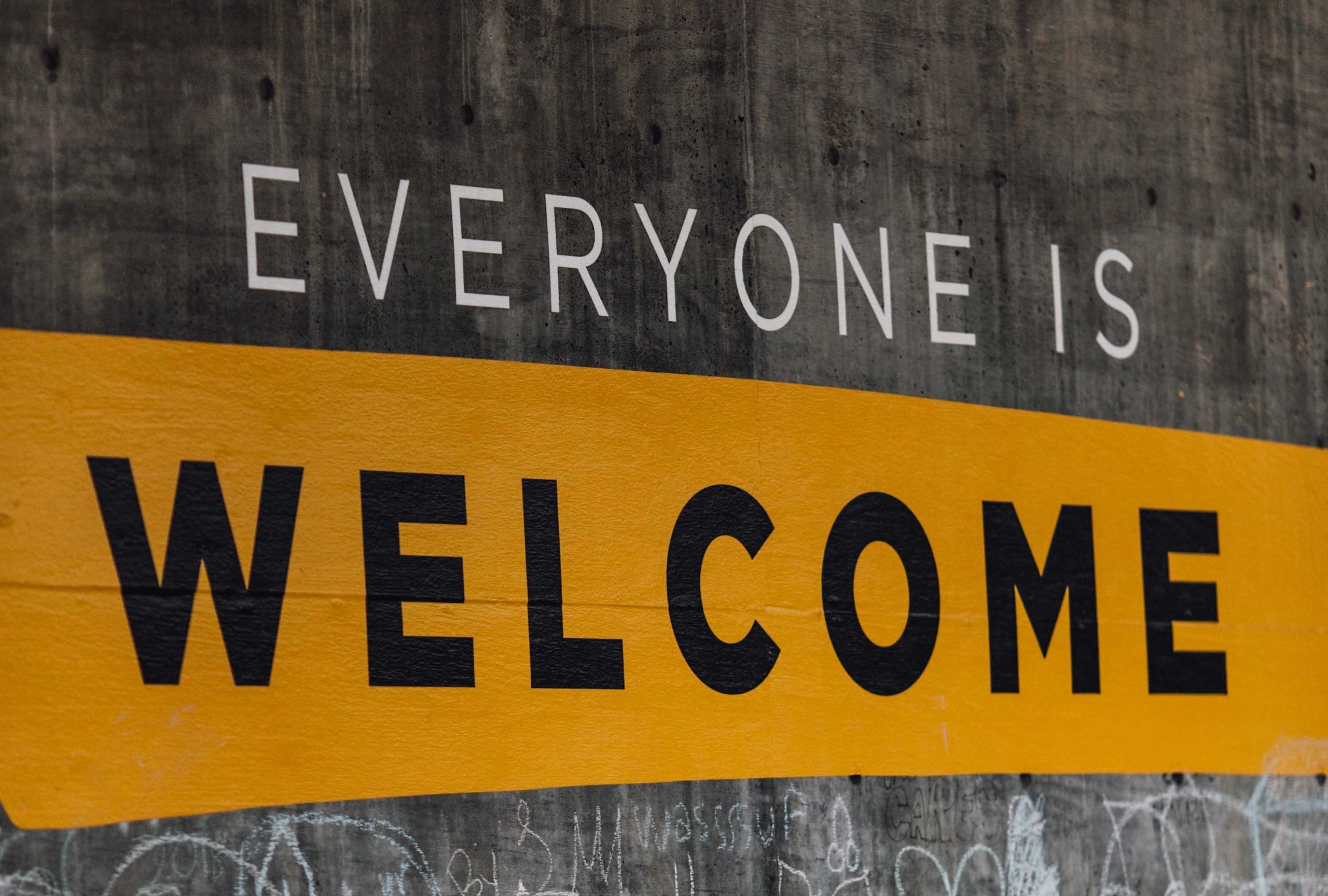
Angelika: At Communitas, we often hear the phrase “person-centred support”. Describe what that means and how it also applies to the language we use.
Karyn: The support that we provide to an individual is, first and foremost, rooted in their personhood. It also means that we are intentional about placing the person we support at the center of all decisions related to their health, their wellbeing, their wishes. We are all people first – with a variety of abilities, attributes, talents, gifts and needs. When we think about the best support for an individual, we start with who the person is, what that person likes and does not like, and what that person hopes to receive. The starting point is not a list of the individual’s disabilities or support needs.

Angelika: Can you give us some examples of what person-centred language looks like?
Karyn: Person centred language focuses on the people, not on a condition or a diagnosis. Therefore, we are intentional about saying “People we support” and “individuals we serve”– instead of using terms like clients; “people experiencing mental illness” – instead of the mentally ill; “people with diverse abilities” – instead of the disabled; or a person living with schizoaffective disorder” – rather than the schizophrenic. People and the language we use to describe one another should not be rooted in disability. Instead, we choose language that is deliberately rooted in personhood and in being made in the image of God.
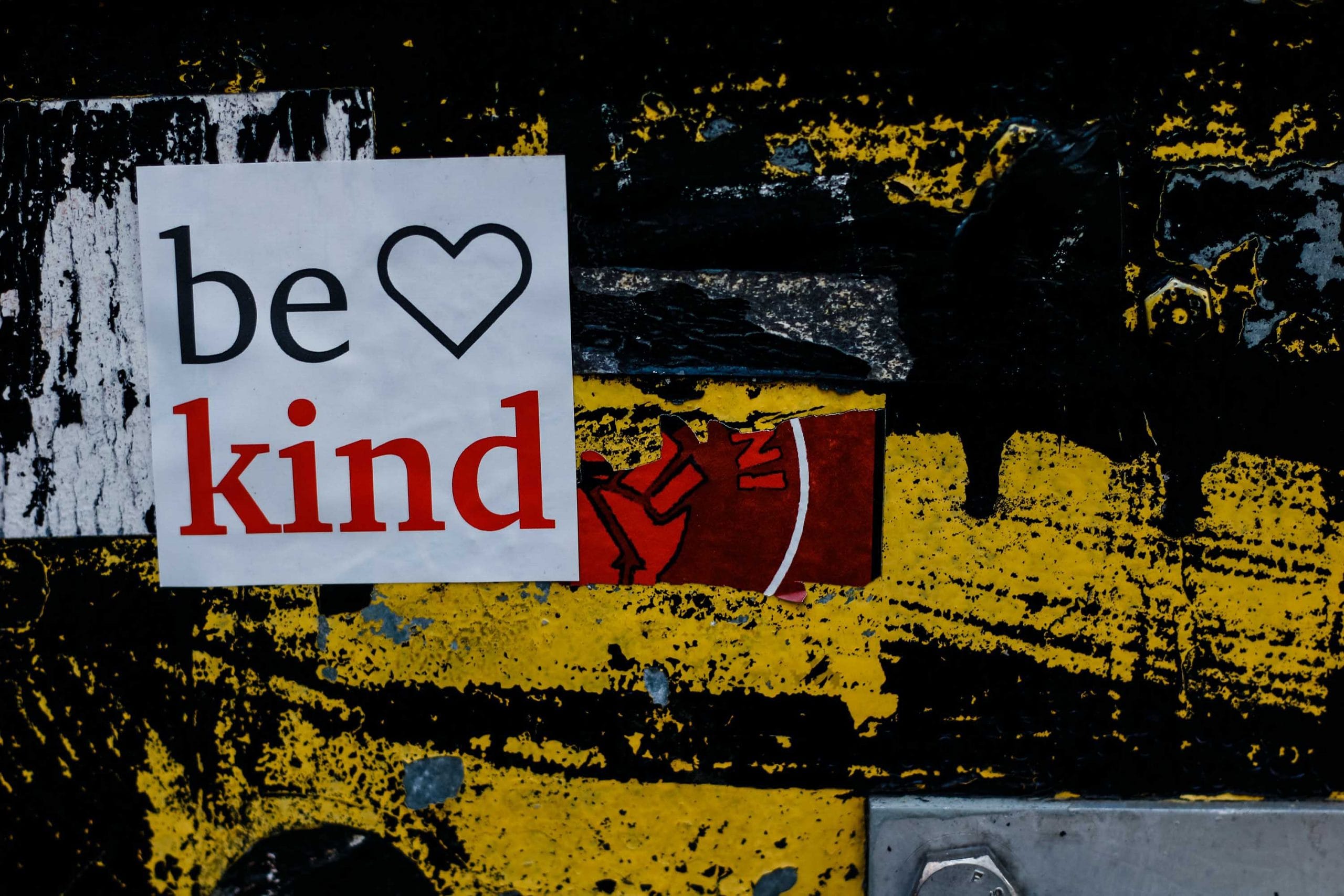
Angelika: Why is this so important to us? Why should it be important for everyone to speak this way?
Karyn: The concept of person-centred support and person-centred language starts at the core values of Communitas. We believe that all human life is created in the image of God and this value shapes all of the other values we also hold dear: spirituality and the sense that we exercise God-given creativity, love and compassion; sacredness of life that leads us to hold all life precious; and the belief that all persons have intrinsic dignity and worth and that each person has gifts they can offer to others.

Angelika: Can you address other uses of language that we might not think about? (for example: the use of the word ‘retarded’ or ‘crazy’)
Karyn: Words are powerful. They impact our feelings, our actions, our attitudes and even our sense of wellbeing. Language, when used negatively and when used as a “label,” often creates stigma or focuses on weakness and inability rather than focusing on contribution and opportunity.
We desire to use language that creates opportunities for all – words that heal and open, words that invite inclusion and acceptance, words that demonstrate dignity and respect. We work hard to eliminate words from our vocabulary that diminish or label people. By purposefully using language in a sensitive, interdependent way, we are striving to reduce the stigma and the barriers to inclusion – or the barriers that would reduce a person to their diagnosis.
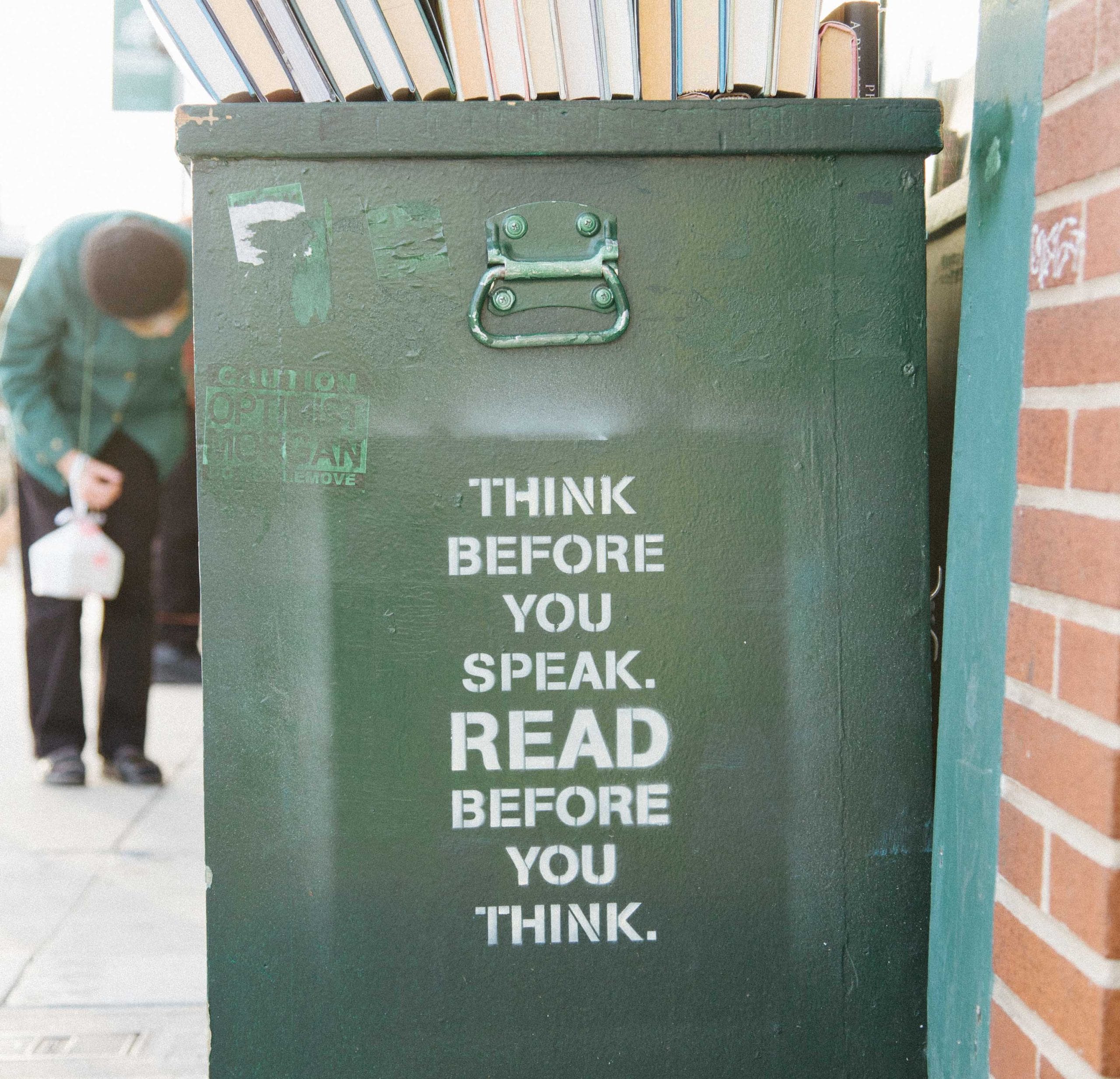
Angelika: How can we contribute to a person-centred approach?
Karyn: There are several ways that any one of us can contribute:
- Educating ourselves about what language is appropriate and what is not. For example, the term ‘mongoloid’ was once used to describe a person with Down’s syndrome. Today, we acknowledge and respond to the harm that comes from this term and seek to eliminate its use. We can choose to act and speak differently.
- Changing our language to be person-centred. This is an ongoing process for all of us. We want to start by observing where and when we use labels to describe others and then do the hard work of changing our approach. For example, we choose to replace our use of “the homeless” (a label) with “a person living rough” or “a person living without a home.”
- Asking ourselves, “What would be the most inclusive language I could use?”
- Attuning ourselves to the reality that person-centred language continues to evolve and recognizing that we can help to be a part of the change.
Related Stories
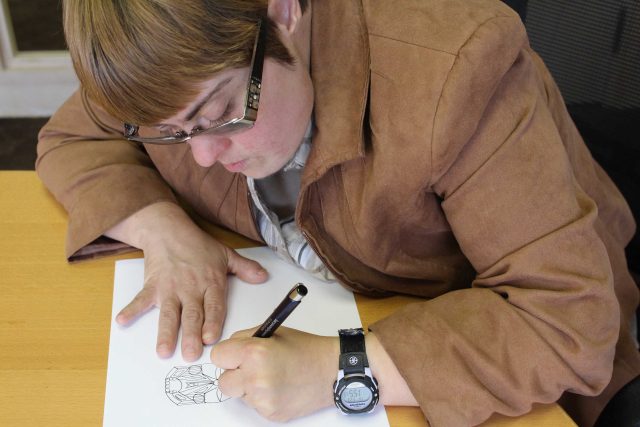
Artist Creates Unique Colouring Book
Kara-Lyn Loewen has used her talents to create a unique colouring book. Find out how you can get your copy today!
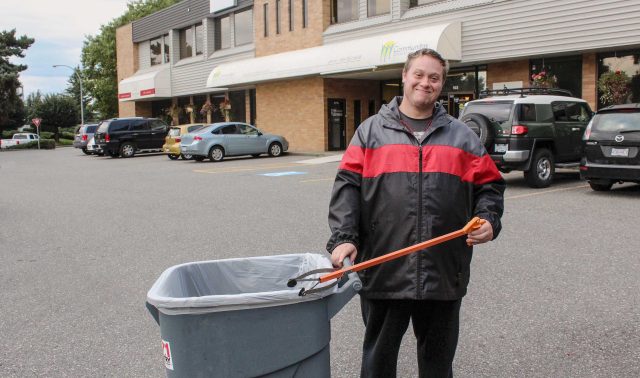
Keeping It Clean
If you’ve noticed that the litter on your street has been picked up, the errant shopping cart is no longer on your lawn or the broken streetlight has been repaired, you might have Shane Toy to thank for that.
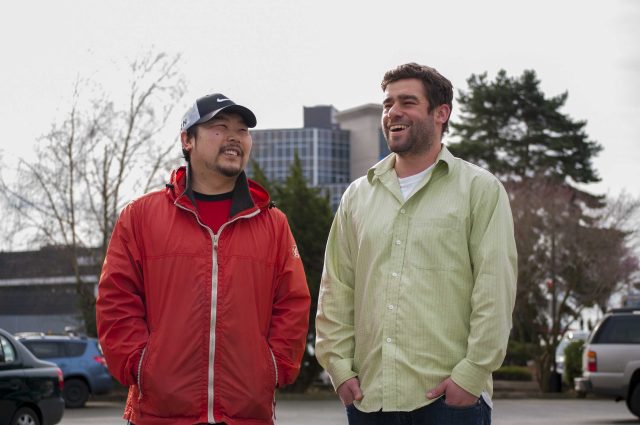
On the Path to Wellness
Brian and Micah feel it is important for the church to talk about mental illness and create safe places for people to share their stories